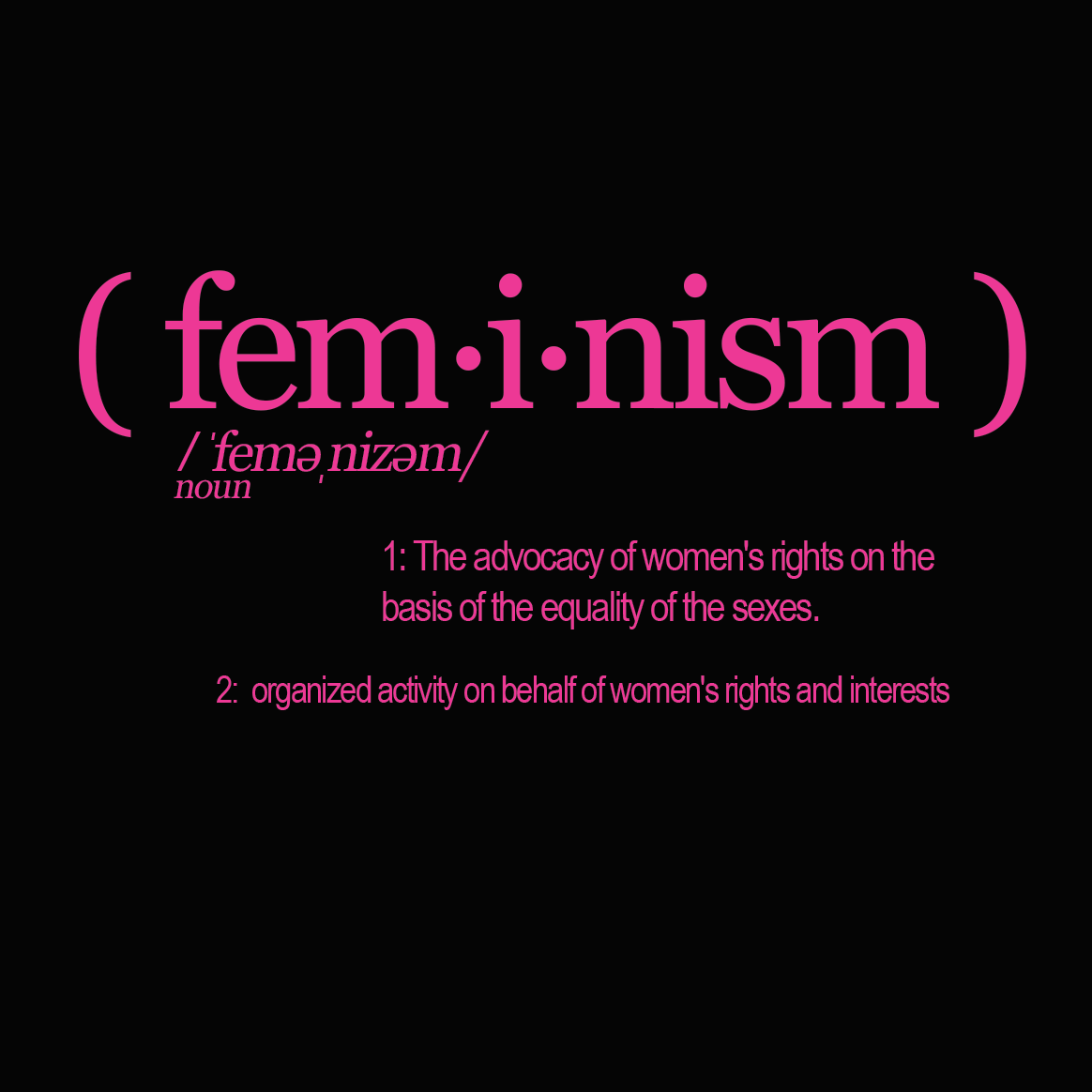Dirty Words
The misuse of words by those around us is much more common than some would expect. In fact, words are misused with such confidence and frequency that no one else really seems to notice. As someone who has an English degree and a vested interest in maintaining the integrity of the English language, I can’t help correcting them sometimes. I don’t typically enjoy this—my own intelligence is not validated through putting others down—but I recently found one particular occasion problematic.
Social outings concealed under the pretext of “ team building exercises” often feel like mandatory social experiments with my coworkers. My manager’s crude attempt at concealing our vast differences in the hopes that we work together more effectively often magnifies our disparities, although we are all 20-something recent or near recent graduates working in an office. If it wasn’t for my manager’s attempt to normalize the extremely awkward outings that we endure, none of us would be friendly.
On this one particular occasion, we went to a Japanese tapas style restaurant, and everyone was equipped with their best outfits and worst attitudes. Surrounded by 17 individuals, I felt that regardless of our levels of inebriation, our closeness seemed to be mutually non-consensual. As usual, however, the conversation was centred on work—when we get together, everyone’s independent lives always seem to diminish. We discussed clients and policies, whined and complained, and shared funny stories about our respective jobs.
Gathered closely around the refurbished wood tables, eating our rice bowls and cod fish, one of my closest coworkers, a confidant and friend, was telling a rather crude story. A client had come in five minutes to closing. He decided to burden her with a question that required rather strenuous attention and boy, was she livid. At the time, hearing nothing, I initially became aware of the scuffle by seeing arms flinging and faces tightening through my glass office door. Sitting still, I noticed several of my co-workers run up to my friend to give her their support, ganging up against that inconsiderate man (I say this with grave sarcasm). Please note that we work in the customer service industry, and without customers we would all find ourselves unemployed. This is not to say that we should not have self respect and defend ourselves when warranted, but rather that our clients need to be respected, regardless of the time of day.
What struck me was that she noted that he had spoken to her in a disrespectful manner because she was a woman. If this was the case, I support her in saying this. I believe her feelings were true and valid. But her dialect became problematic when she blurted out that he was “such a feminist.” At first I was confused when all my coworkers nodded in agreement. Of course, much of her confusion could be attributed to the alcohol, as I too misuse words when I’ve had a few too many drinks, but to misuse feminist for sexist seemed like too grave of a coincidence.
When I tried to correct her, as I felt I had a moral obligation to do so, she shrugged it off and said “oh you know what I mean.” In fact, I had no idea what she meant. The truth was, my coworkers equated both words with being dirty. Because of my gender, I felt obliged to discuss with them why this was problematic, as they all chuckled at their own confusion.
I made a very important decision that night. I always knew that I was a feminist, and perhaps that is why her comment hurt me. At work I wear a pin that reads “girls” on my suit in solidarity, regardless of how others may look at me. I don’t shave my legs, I tell people their jokes are inappropriate when they shame our bodies or minds, I proudly show off the female symbol I have tattooed on my arm, and when clients or managers constantly tell me to smile, I challenge them, asking why they don’t tell my male colleagues to do the same. These things don’t make me a feminist, but they force critical thinking onto other people—people that think that it’s okay to call a sexist a feminist.
As such, I have made a commitment to myself that, if we continue to let things slide, we dig a deeper hole into sexism. To say “you know what I meant” is to say that we’re all the same, that a sexist is the same as a feminist. I work with people that know certain comments are demoralizing and dehumanizing, but they stand by and let it happen because this is the way that it has always been. In the end, because of all of this, my decision was this: for each of my coworker’s birthdays, I would absorb the cost of their presents and buy them their very own copy of Chimamanda Ngozi Adichie’s book, We Should All Be Feminists, a 50 page narrative that might open their minds into how much “better” we need to do.
We need to acknowledge the history behind the feminist movement. Like any word, we have to localize it in its context. If you haven’t read Adichie’s book adapted from her TEDx talk, read it. In the end, saying “you know what I mean” isn’t an appropriate response and being a woman doesn’t automatically mean you’re a feminist. We must stand up for the rights of every woman or recognize that there is a problem, because in misusing the word “feminism,” we ultimately contribute to the misconceptions that plague our movement.
Featured photo courtesy of Amerogance

